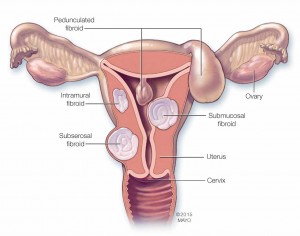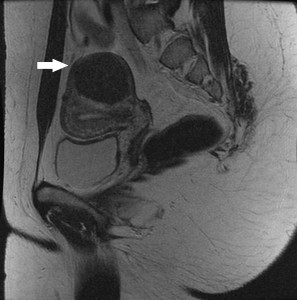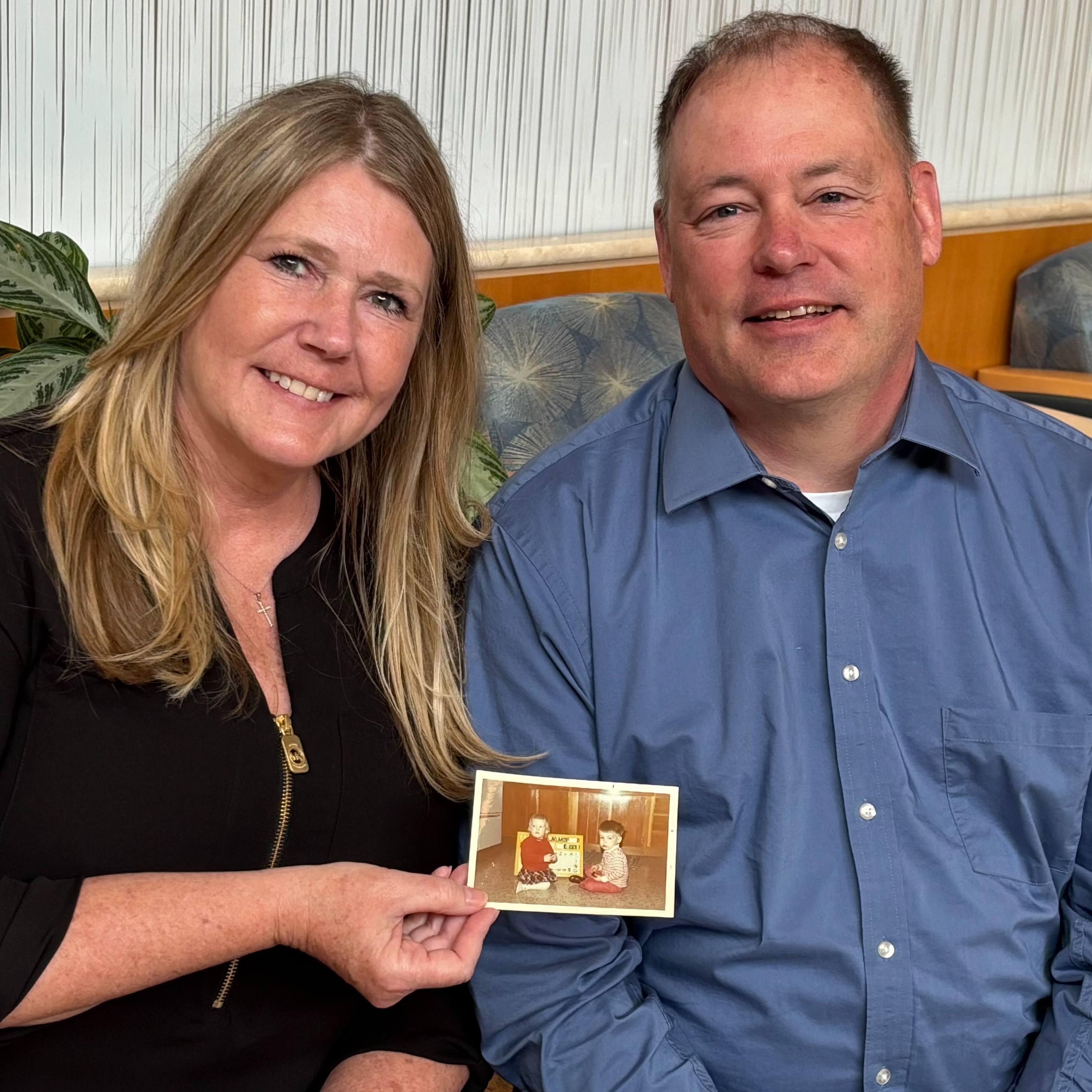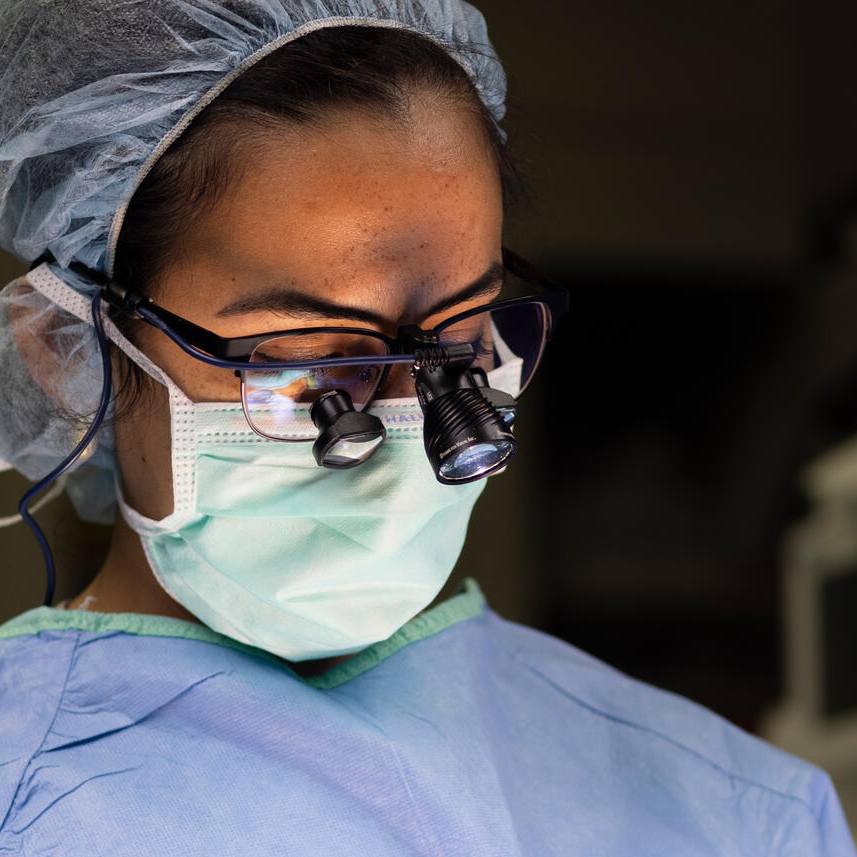-

Exploring Treatment Options for Women with Fibroids
Mayo Clinic expert demonstrates women have options that preserve the uterus

ROCHESTER, Minn. — A 47-year-old African-American woman has heavy menstrual bleeding and iron-deficiency anemia. She reports the frequent need to urinate during the night and throughout the day. A colonoscopy is negative and an ultrasonography shows a modestly enlarged uterus with three uterine fibroids, noncancerous growths of the uterus. She is not planning to become pregnant. What are her options?
Elizabeth (Ebbie) Stewart, M.D., chair of Reproductive Endocrinology at Mayo Clinic, says the woman has several options, but determining her best option is guided by her symptoms, the size, number and location of the fibroids, as well as where she is in her reproductive life span. These options are highlighted in a Clinical Practice article by Dr. Stewart in this month’s New England Journal of Medicine.
“Uterine-conserving therapy should be an available option for women even if there is no plan for childbearing,” says Dr. Stewart, a uterine fibroid researcher. “Although myomectomy, a surgical procedure to remove uterine fibroids, is the traditional alternative to hysterectomy, there are other options for medical and interventional treatment. Before determining which alternative therapy may be an option, the symptoms caused by fibroids must first be assessed.”
MEDIA CONTACT: Kelley Luckstein, Mayo Clinic Public Affairs, 507-284-5005 or newsbureau@mayo.edu
Journalists: Sound bites with Dr. Stewart are available in the downloads.
https://www.youtube.com/watch?v=T-6j-Lc2JqE
Uterine fibroids are common in women of reproductive age; about 1 in 4 U.S. women have them, and they are particularly prevalent and associated with illness in African-American women. The lifetime prevalence of fibroids exceeds 80 percent among African-American women compared to nearly 70 percent among white women. African-American women also report having significantly more severe fibroid symptoms and more impairment of daily activities. Hysterectomy provides the most effective treatment for fibroids and eliminates the risk of new fibroid formation, but it is not the only treatment available. There are often less invasive, alternate therapies. This information should provide hope for all women and particularly for African-American women who have been reported to value uterine-sparing and fertility-sparing therapies.
Alternative treatment options include:
Therapies for isolated heavy menstrual bleeding
- Tranexamic acid, an oral antifibrinolytic agent that is taken only on the days of heavy menstrual bleeding, decreases bleeding and improves quality of life with minimal side effects.
- A levonorgestrel-releasing intrauterine device (IUD) or oral contraceptives, decreases menstrual bleeding and provides contraception.
- Hysteroscopic myomectomy, an outpatient surgical procedure that allows the woman to return to work within a few days and increases the potential for clinical pregnancy. This is only an option for women with submucosal fibroids.
- Endometrial ablation, uses heat, cold or mechanical means to destroy the endometrium and thus reduces menstrual bleeding. Ablation is only an option for women who have completed childbearing.
Therapies for women where the size of the fibroid(s) causes symptoms
- Gonadotropin-releasing hormone agonists (GnRH-a), medications that turn off the ovaries’ production of hormones, which reduces menstrual bleeding and causes considerable reduction in uterine volume. They are only useful for six months or less of treatment.
- Progesterone-receptor modulators block the action of the ovarian hormone progesterone and decrease fibroid symptoms and reduce fibroid volume but are currently not available in the United States.
- Uterine artery embolization, a minimally invasive interventional radiologic technique that has been shown in randomized trials to result in quality of life that is similar to that after surgery, with shorter hospital stays and less time to resumption of usual activities.
- MRI-guided, focused ultrasound surgery, a fibroid-specific therapy that uses ultrasound thermal ablation to treat fibroids with no incisions and no hospital stay.
- Radio frequency ablation during laparoscopy is useful for destruction of fibroids during laparoscopy that would be difficult to remove in this minimally invasive way.

“It is extremely important for women to know the options available for treatment of uterine fibroids,”says Dr. Stewart. “Equally important is the need to continue to study fibroids to assist in developing better treatments.”
To that end, Mayo Clinic is leading an effort to compare treatments for uterine fibroids. Comparing Options for Management: Patient-Centered Outcomes for Uterine Fibroids (COMPARE-UF) is a voluntary registry of 10,000 women with uterine fibroids funded by the Patient-Centered Outcomes Research Institute (PCORI) and the Agency for Healthcare Research and Quality (AHRQ). COMPARE-UF seeks to answer questions that matter most to patients with fibroids when considering the pros and cons of different treatment options. To help women make these decisions, COMPARE-UF will collect information from participants about their medical history, planned and previous treatment for their fibroids, current symptoms and quality of life.
###
About Mayo Clinic
Mayo Clinic is a nonprofit organization committed to medical research and education, and providing expert, whole-person care to everyone who needs healing. For more information, visit http://www.mayoclinic.org/about-mayo-clinic or https://newsnetwork.mayoclinic.org/.







